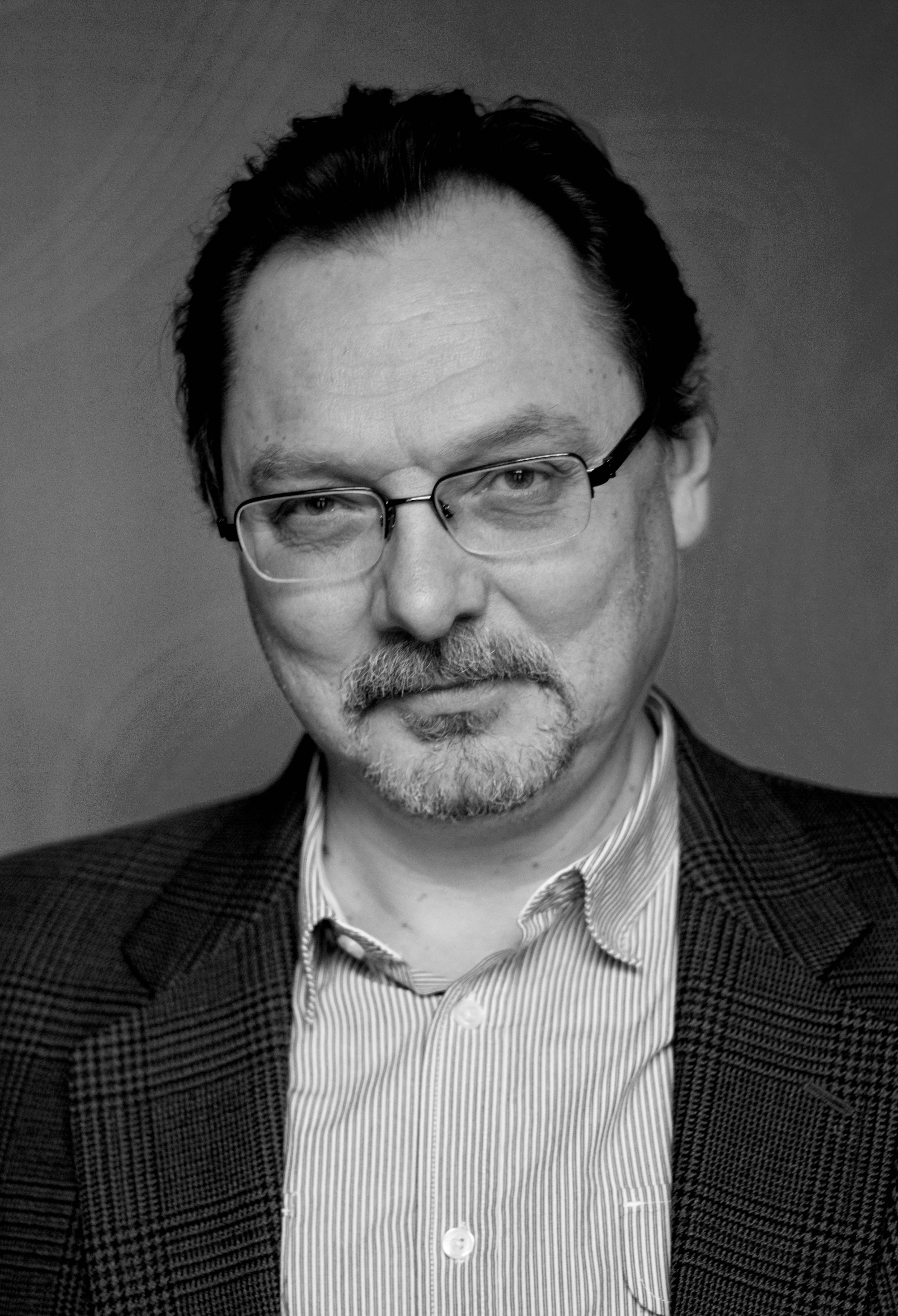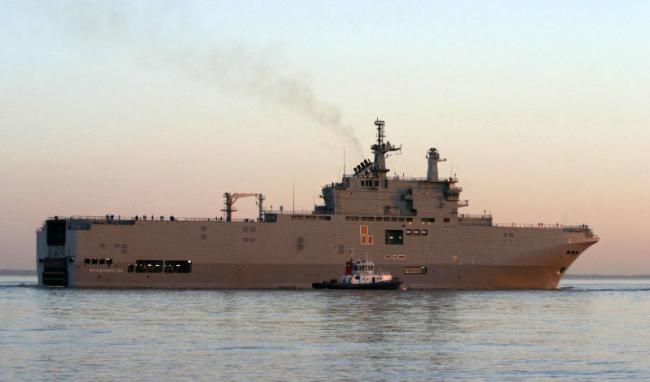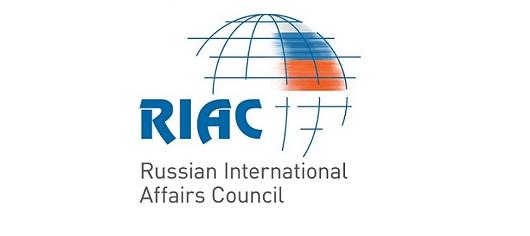



RT Brings Its Russian Perspective to France
RT, dubbed as an "organ of influence and deceitful propaganda" by President Emmanuel Macron in May during a joint news conference with Vladimir Putin, has now launched RT France. Has France become the latest front in Russia's information war?


Russia–Saudi Arabia. King Salman's Visit to Moscow: New Axis or Window Dressing?
King Salman received at the Kremlin with his 1,000-strong delegation, including 100 businessmen. King Salman bin Abdulaziz Al Saud's official visit to Moscow is the first visit to Russia for a Saudi head of state. Can this visit be seen as the signal of a shift in the region or is it just window dressing?
Siloviki: What Influence on Russia's Domestic and Foreign Policy?
3 questions to Mark GALEOTTI, Senior Researcher at the Institute of International Relations Prague, Director of Mayak Intelligence consultancy.
What evolution of US-Russia relationship after Trump’s election? A Russian point of view
3 questions to Andrey KORTUNOV, Director General of the Russian International Affairs Council (RIAC).
What evolution of US-Russia relationship after Trump’s election? An American point of view
3 questions to Stephen SZABO, Executive Director, Transatlantic Academy.

France Gives Russia 'Last Chance' to Negotiate With West
The weekend meeting between the French and Russian presidents has given France a chance to become "the new Germany" for Russia, which lost its last Western ally after a falling-out with official Berlin, analysts say.
French mediation "is aimed at preventing Russia-EU relations from going to the dogs," said Tatiana Kastueva-Jean of the French Institute of International Relations (IFRI) in Paris.
France Suggests No Mistral Delivery – Yet
France's Finance Minister cast doubt Thursday on what Russia had said was the imminent delivery of the first of two Mistral helicopter carriers, feeding uncertainty that French political analysts view as authorities' reluctance to be seen as caving in to Russian pressure.
Finance Minister Michel Sapin said Thursday that the conditions set by French President Francois Hollande last month for delivering the first Mistral — i.e., upholding the tenuous cease-fire and reaching a political settlement in Ukraine — "had not been met at this time."
Hollande's Government Reshuffle: Will Anything Change?
Just 147 days after Manuel Valls’ nomination as prime minister at Hôtel Matignon, the cabinet of ministers in Paris faced a new reshuffle. Some believe it will rejuvenate the French economy, which seems mired in stagnation, but most doubt that scenario is a real possibility. François Hollande is rapidly becoming one of the French fifth Republic’s most criticized and mocked presidents. RIAC asked Thomas Gomart, Senior Research Fellow, Vice President for Strategic Development at IFRI, about the nature of the recent government changes and what they will bring.

France would support new sanctions on Russia
"It's clear that we will have to declare ourselves in favour of new sanctions in case of a military escalation," said state secretary for parliamentary relations Jean-Marie Le Guen to French media on Sunday. The junior minister’s comments came as unrest continued to spread in eastern Ukraine, leaving at least one Ukrainian officer and a pro-Russian activist dead in the eastern city of Slaviansk, about 150 km from the Russian border, on Sunday.
Support independent French research
Ifri, a foundation recognized as being of public utility, relies largely on private donors – companies and individuals – to guarantee its sustainability and intellectual independence. Through their funding, donors help maintain the Institute's position among the world's leading think tanks. By benefiting from an internationally recognized network and expertise, donors refine their understanding of geopolitical risk and its consequences on global politics and the economy. In 2025, Ifri supports more than 80 French and foreign companies and organizations.









